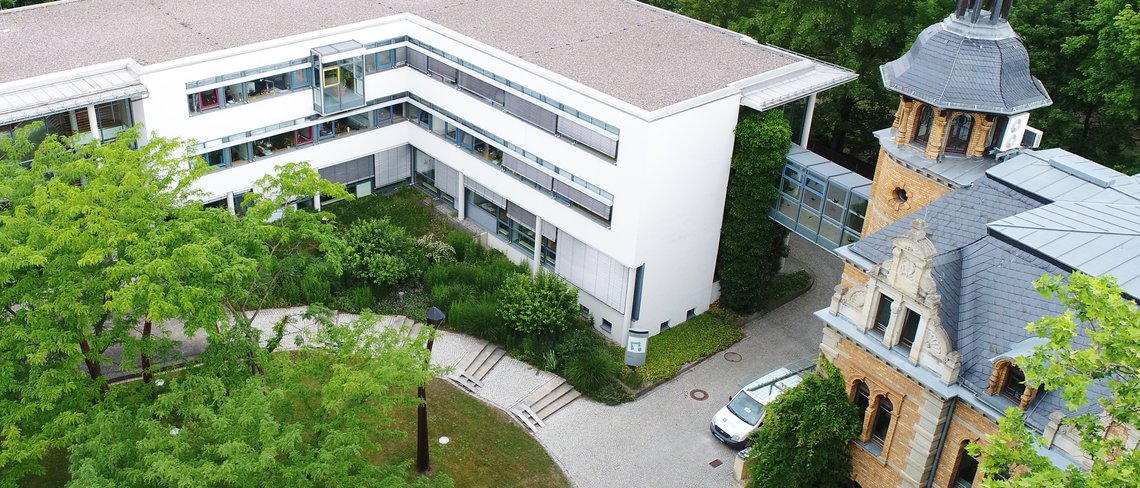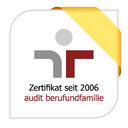The Department of Coevolution of Land Use and Urbanization studies the long-term interaction between cities (and their non-urban counterparts), land use, and the Earth system. Through state-of-the-art fieldwork, archival research, and laboratory analyses, data compilation, and quantitative modelling it connects observations from the deep past to present planning and future predictions and explore urbanisation as a non-linear, dynamic process, answering questions such as:
- Are there commonalities, differences, or sustainability predictors for urban phenomena and their associated land uses and Earth system interactions across time and space?
- Have major political, economic and climatic changes resulted in ‘tipping points’ or path dependencies in urban and land use trajectories?
****
Candidate tasks
The successful candidate will play a central role in the Department and its outputs (e.g. publications, data synthesis, policy contributions). They will work with and develop multidisciplinary research (including archaeological-, historical-, and contemporary urban studies) and datasets into current debates in Urban Studies and Urban Planning. The candidate may focus on computational models of urban scaling, urban networks, urban supply chains, and urban dynamics. They should have an interest in how historical, archaeological, and palaeoenvironmental datasets of different temporal and spatial scales, with complicated uncertainties, can be used to address temporary concerns
The candidate will work in a leading global centre for deep time and contemporary social and Earth system research at the Max Planck Institute of Geoanthropology, an institute combining archaeological, anthropological, geochemical, and Earth system expertise in computational modelling, social theory, fieldwork, and laboratory methodologies. They will also work closely with key project partners and will be expected to also work within the framework of ongoing international research initiatives to ensure maximum reach of results.
Your qualification
The ideal applicant will have a background in Urban Studies, Comparative Urban Anthropology or Sociology, Computational Archaeology, and Urban Archaeology and History or a strong track record of having been trained methods from these areas. In-depth knowledge of urban dynamics and processes and contemporary debates relating to urban form, structure, dynamics, and resilience is desirable.
Other prerequisites include evidence of strong oral and written communication skills, which can be shown in bachelor resp. master thesis or through publications and outreach activities if applicable. Willingness to work as part of a team, potential travel to field sites, a strong work ethic, and the ability to complete tasks in a timely and structured fashion are also necessities.
Essential:
- Masters degree in Urban Studies or a similar discipline or specialism.
- Hands on experience with the compilation of diverse multidisciplinary datasets to study urban trajectories and connectivity.
- Strong skills to work with quantitative datasets and computational methods.
Advantageous:
- Analytical experience of historical and archaeological datasets as well as their relative limitations in relating to contemporary questions.
- Enthusiasm for applying archaeological, historical and ethnographic insights into contemporary Urban Studies and Urban Planning initiatives.
- Experience in public outreach and presentation of scientific results to wide audiences.
Our offer
- The full-time position (39h/week) will be for a period of up to 3 years (with the possibility of a 1-year extension) and based in Jena, Germany.
The position offers a unique opportunity to develop cutting edge PhD research in the city of Jena that is renowned for its position at the intersection of Biogeochemical, Ecological, and Archaeological research. The candidate will be admitted to the new International Max Planck Research School ‘Modelling the Anthropocene’ at the Max Planck Institute of Geoanthropology and one of its key partner Universities. The Max Planck Society promotes multidisciplinary connections and this position offers the candidate the possibility of making the most of such networks and become a leader in novel approaches to study human-Earth system dynamics across space and time.
The position will begin on the 1st of September 2025 though some flexibility in start date is possible. Renumeration will follow the standard PhD salaries given in the Max Planck Society which correspond to 65% of EG 13 TvöD (Bund). In addition, social benefits are offered, f.e. flexible working hours and subsidy for public transport. Language and health courses round off our offer.
The Max Planck Society is committed to employing more individuals with disabilities and especially encourages them to apply. We are also committed to encouraging diversity and actively challenging biases based on gender, nationality, ethnicity, sexual orientation, religion and other components of identity. The MPI-GEA received the TOTAL E-QUALITY award for this commitment to diversity and equality.
Please submit your application by July 1st, 2025 to the link below. It should include:
· A cover letter.
· A CV of no more than 3 pages.
· A short maximum 3-page proposal (excluding references) of your ideas for a dissertation topic linked to the above themes.
· If applicable, a list of at most 5 publications.
· A copy of the master thesis .
· Any relevant certificates.
You are also required to ask two referees to submit letters of recommendation, which are also due by July 1st, 2025.
Referees should independently submit their letters as a pdf file to the mail address by the same deadline.
About us
The Department of Coevolution of Land Use and Urbanization, Max Planck Institute of Geoanthropology, Jena, Germany is pleased to announce a new vacancy for two PhD Fellowship positions in any of the following areas: Quantitative and Computational Urban Studies, Comparative Urban Anthropology, Archaeology, and Sociology, and Urban History and Archaeology. Particular focus will be on the ways in which contemporary urban concerns can draw on emerging archaeological and historical urban datasets and guide research into the urban past and commonalities and differences in urban processes around the world.
Contact
Contact for more information:
Prof. Dr. Patrick Roberts
Email: roberts@gea.mpg.de
Kahlaische Straße 10
07745 Jena




